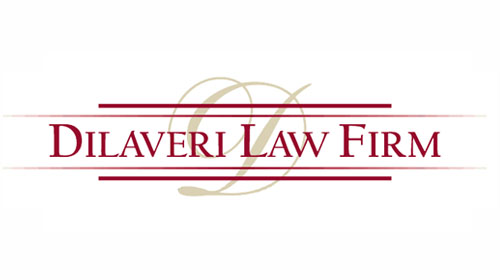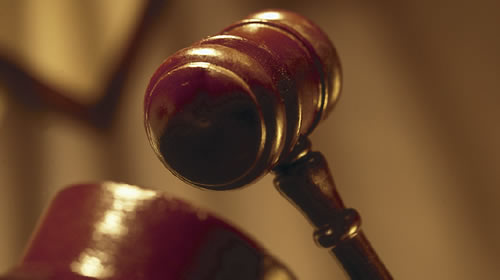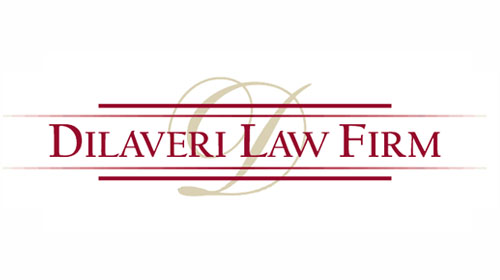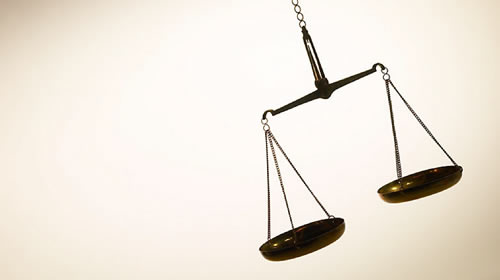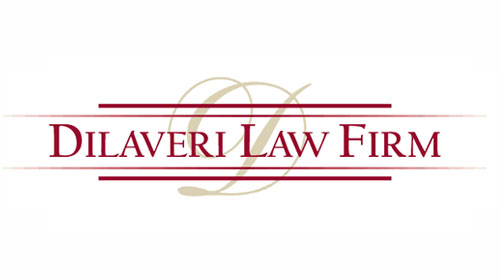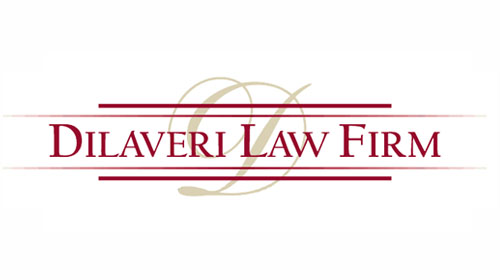Rochester Minnesota
Criminal Defense & DUI Attorney
How Can We Help You
Rochester Minnesota Juvenile Lawyer
Juvenile Attorney Rochester
In Minnesota, a violation of the law committed by a child between the ages of 10 and 17 is addressed at a juvenile court level. Depending on the violation and the age of the child, the proceeding would fall under one of these three categories::
- The traditional juvenile system;
- Extended Juvenile Jurisdiction (EJJ); or
- Adult Certification.
The first category is the most common and is what most people think of when they talk about juvenile court. It focuses on the idea of rehabilitation, which is the goal of juvenile court.
The latter category is reserved for the most serious crimes committed by children. The case still begins in juvenile court. Then, based on a request of the prosecuting authority to have the child certified as an adult, if the judge grants their request, the child is certified as an adult, the case is removed to adult court, and the child faces the same penalties as an adult would.
Extended Juvenile Jurisdiction (EJJ) includes violations of the law that are serious, but not serious enough to warrant adult certification. In order for EJJ to be an option, the juvenile would need to have been age 14 to 17 at the time of the offense and the charge must be a felony level offense. EJJ cases essentially mean that the juvenile is given an adult sentence which is stayed so long as the juvenile completes the terms of the disposition. If the juvenile fails to complete the juvenile disposition, the adult sentence, which may include prison time, takes effect.
If your child has been arrested or searched at school and you have questions about what will happen next, call us immediately. You will need a competent criminal lawyer that has dealt with juvenile cases to represent your child’s interests. Please contact our Rochester Minnesota Juvenile Defense attorney to see how we can help.
Differences between Juvenile and Adult Court
Some of the most notable differences between adult and juvenile court involve the terminology used. For example:
- an adult is arrested by the police, while a child is apprehended;
- an adult is charged with a crime, while a child is petitioned for an offense;
- an adult is found guilty and convicted of a crime, while a child is found to have committed an offense and adjudicated delinquent;
- an adult can be sentenced to jail or prison, while a child receives a disposition to be placed in a juvenile correctional facility;
- the adult system is mainly committed to punishing offenders; the juvenile system is mainly committed to rehabilitating children.
Further, unlike a “regular” criminal matter, there is no right to a jury trial in a juvenile case.
Juvenile Court Process
If the child is between ages 10 and 17 at the time of the offense, the case is referred to juvenile court and is considered a rehabilitative case. If the child was under age 10 at the time of the offense, the case is sent to juvenile court as a Child in Need of Protection or Services (CHIPS) matter, a civil matter in which Social Services becomes involved.
Following apprehension and a report being filed by the police, if enough evidence exists to prosecute the case, the county attorney files a petition with the juvenile court asking it to make a finding of delinquency. After the petition is filed with the court, the first hearing, also called the arraignment, is scheduled.
The child’s options at this first hearing are to admit or deny the charges. If the charges are admitted, the court can impose the disposition, or order a pre-disposition investigation and set a date for the disposition hearing. If the child denies the charges, a trial date is set. Much like in a criminal case, the child, through an experienced juvenile attorney, has the opportunity to have a hearing prior to trial at which constitutional issues regarding the suppression of evidence can be addressed.
As noted, juvenile trials are bench trials where there is no jury to make fact determinations. At the conclusion of the case, if the offense is proven by the government, the child is found to be delinquent and a date is set for the disposition hearing at which the judge decides the type of rehabilitation the juvenile will receive. The disposition can include counseling, fines, probation, driver's license suspension, home detention, restitution, community service, placement out of the home or placement in a juvenile correctional facility. Sometimes a disposition hearing is held immediately after the trial and sometimes the judge does not adjudicate the child delinquent, which is similar to a stay of adjudication in criminal court. Alternatively, if the alleged offense in the petition is not proven, case is dismissed.
Juvenile Court Records
In most cases, records about an offense committed by a juvenile are not public information and the court excludes the public from the hearings. However, more and more of these records are finding a way into the public domain. The juvenile statutes in Minnesota provide for the records of a juvenile proceeding to be either public or released to specific persons and agencies as follows:
- court records involving minors 16 and 17 years old are open to the public if the minor is accused or found to have committed an offense that would be a felony if committed by an adult;
- a victim may attend the child’s related delinquency proceedings, subject to certain restrictions;
- a victim may obtain the date of the offense and the name and age of the juvenile, and the disposition of the case;
- schools are provided court disposition orders in certain cases;
- law enforcement, probation officers, and prosecutors can obtain disposition records and court transcripts, and delinquency petitions must be released to them upon request;
- the BCA is provided information in felony or gross misdemeanor level cases, even if there was no final finding that the alleged offense was committed;
- the BCA keeps a juvenile record until the juvenile turns 28, unless a new felony violation occurs when the juvenile is between 18 and 28 years old, in which case the juvenile data is kept for as long as the data would have been retained if the offender had been an adult at the time of the juvenile offense.
Contact Us Today For a Free Consultation
If your child has been charged with a juvenile crime, it is important to contact a local, passionate and knowledgeable defense attorney to strongly defend his/her rights. The laws are highly technical and not every attorney is thoroughly familiar with them. There could be significant penalties for a juvenile offense, from out of home placement to possibly being ordered into a juvenile or adult correctional facility. Please contact the Dilaveri Law Firm today. We always offer free initial consultations to our clients. Call 507.206.6020 or complete our free case evaluation form.
